Jakarta, MINA – Chief of The Halal Product Assurance Organizing Body (BPJPH) Indonesian Ministry of Religious Affairs Muhammad Aqil Irham said, according to the provisions of Law Number 33 of 2014 about Halal Product Assurance, the product which entering, circulating, and trading in Indonesian territory required halal certification.
He emphasized that the obligation to be certified halal is in accordance with Government Regulation Number 39 of 2021 concerning the Implementation of the Halal Product Assurance Sector, regulated in stages where the first phasing period for the halal certificate obligation will end on October 17 2024.
“Based on JPH regulations, there are three groups of products that must be certified halal as the first stage ends. First, food and beverage products. Second, raw materials, food additives and auxiliary materials for food and beverage products. Third, slaughtered products and slaughtering services,” said Aqil, in Jakarta on Friday.
He appealed that these three product groups must be halal certified by October 17 2024. If they have not been certified and are circulating in the community, there will be sanctions.
Also Read: Last Batch of Indonesian Hajj Pilgrims Depart from Madinah
“For this reason, we urge business actors to immediately obtain halal certificates through BPJPH.” Aqil continued to appeal.
“The boundaries of these three product groups are clear, and without exception. So, for example, food products, whether they are produced by large, medium, small to micro businesses such as street vendors on the side of the road, are all the same, subject to mandatory halal certification in accordance with regulatory provisions.” he stressed.
Furthermore, Aqil explained that the sanctions that would be given could be in the form of written warnings, administrative fines, and withdrawal of goods from circulation. These witnesses are implemented in accordance with the provisions in PP Number 39 of 2021.
“Therefore, before the halal certification obligation is implemented, we urge all business actors, especially those with the three product categories above, to immediately arrange for halal certificates for their products,” stressed Aqil.
Also Read: Fourth Day of Weather Modification Operations: BNPB Disburses 16 Tons of Seeding Material
He further said that currently BPJPH is again providing Free or Sehati Halal Certification quotas through the self-declare halal certification route as a convenience that can be utilized by MSEs throughout Indonesia in fulfilling their halal certification obligations.
“This is a government convenience that MSEs must take advantage of. “Please, MSEs, immediately apply for halal certification, while the quota is still available.” he said.
The registration for halal certification is via the Sihalal application which can be accessed anytime and from anywhere online for 24 hours, making it easier for business actors to apply for halal certification.
Business actors also no longer need to bring the required documents to the BPJPH or PTSP offices at every regional office of the Ministry of Religion or city/district Ministry of Religion offices throughout Indonesia.
Also Read: Dozens of Volunteers Attend Rumah Zakat’s Basic Training in Bogor
Complete requirements for participating in the Sehati program can be seen on the official BPJPH channels, such as the halal.go.id page or the halal indonesia Instagram account. (T/RE1/P2)
Mi’raj News Agency (MINA)
Also Read: Boycott Impact: Starbucks Closes 11 Stores in Indonesia






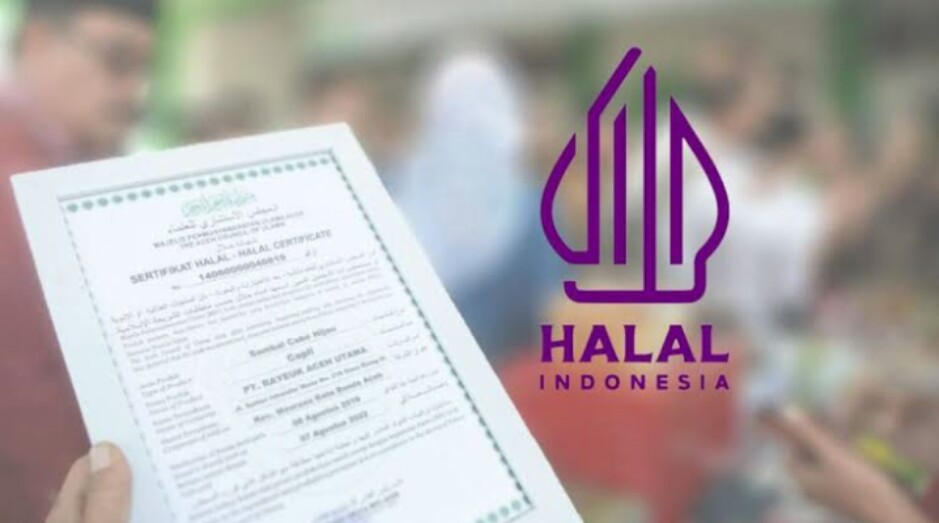



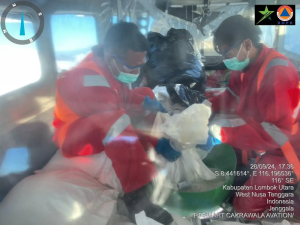

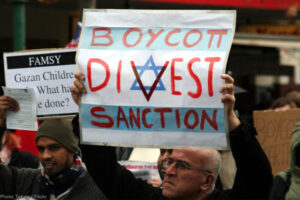
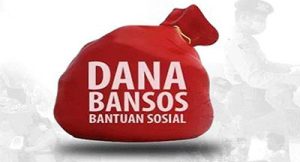

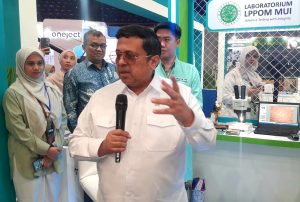

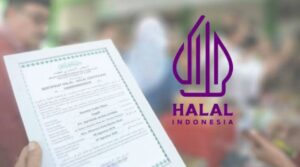
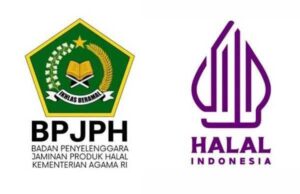

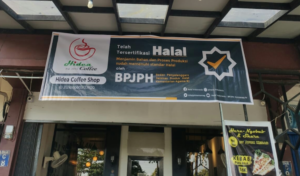





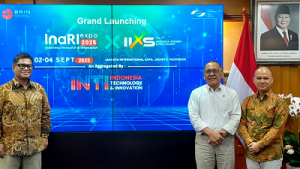









 Mina Indonesia
Mina Indonesia Mina Arabic
Mina Arabic